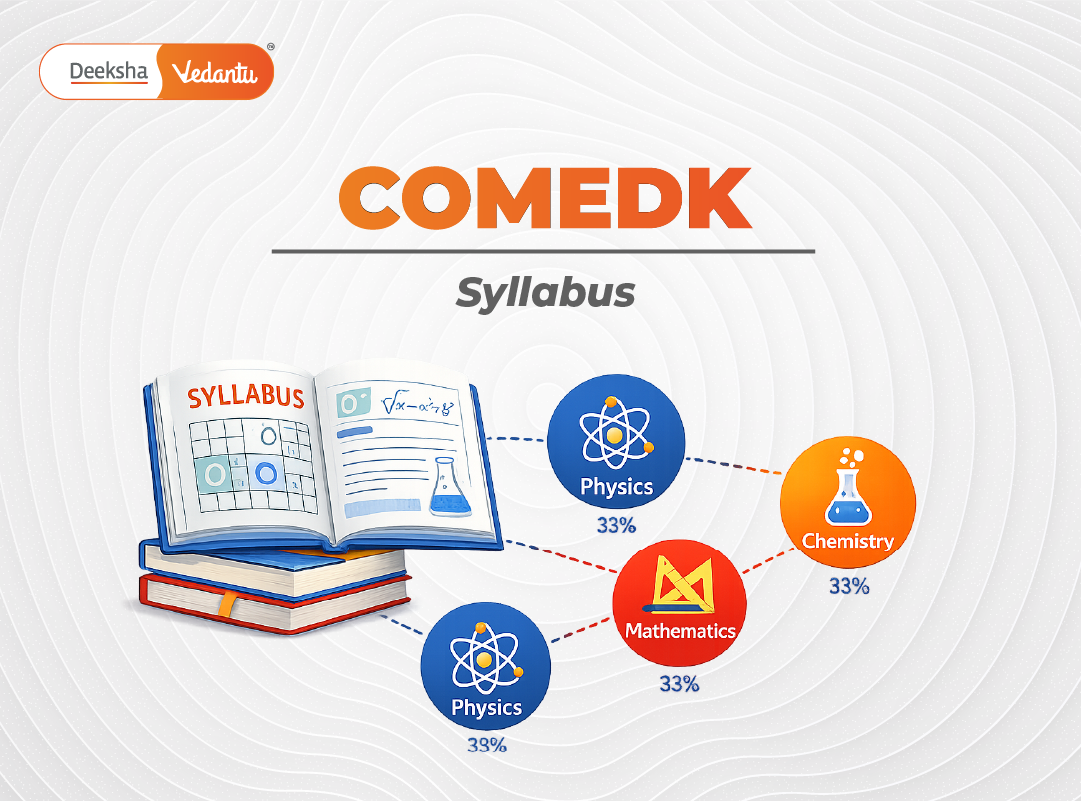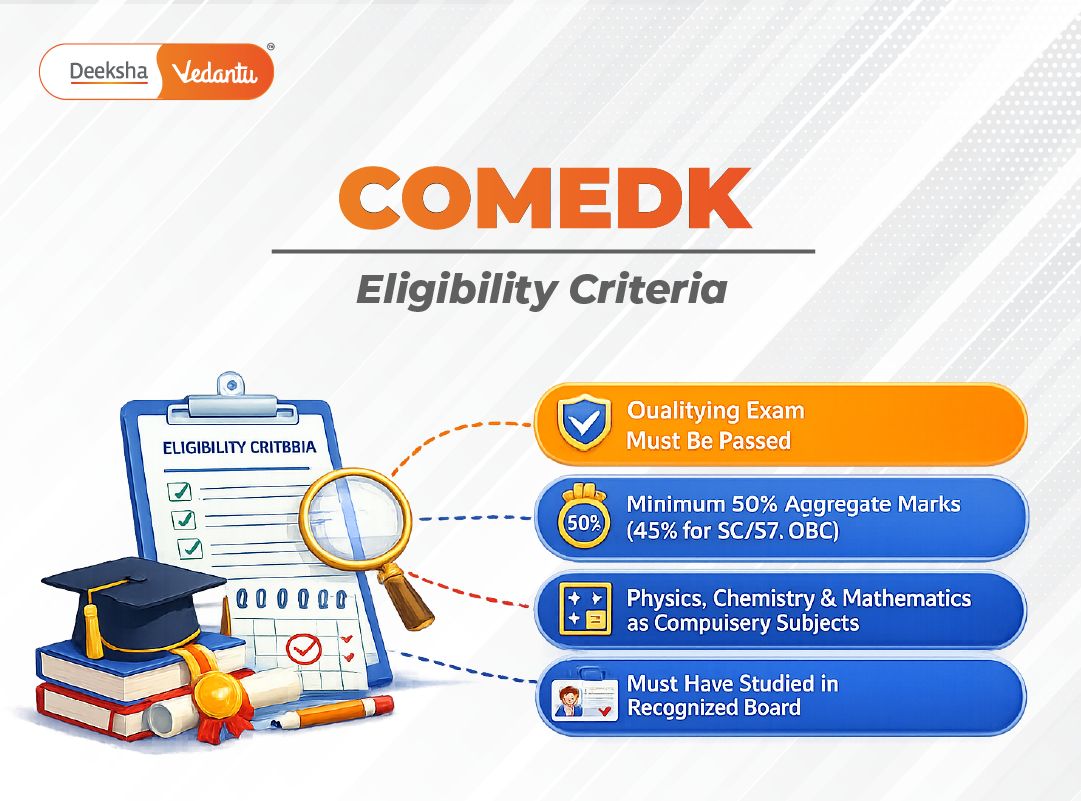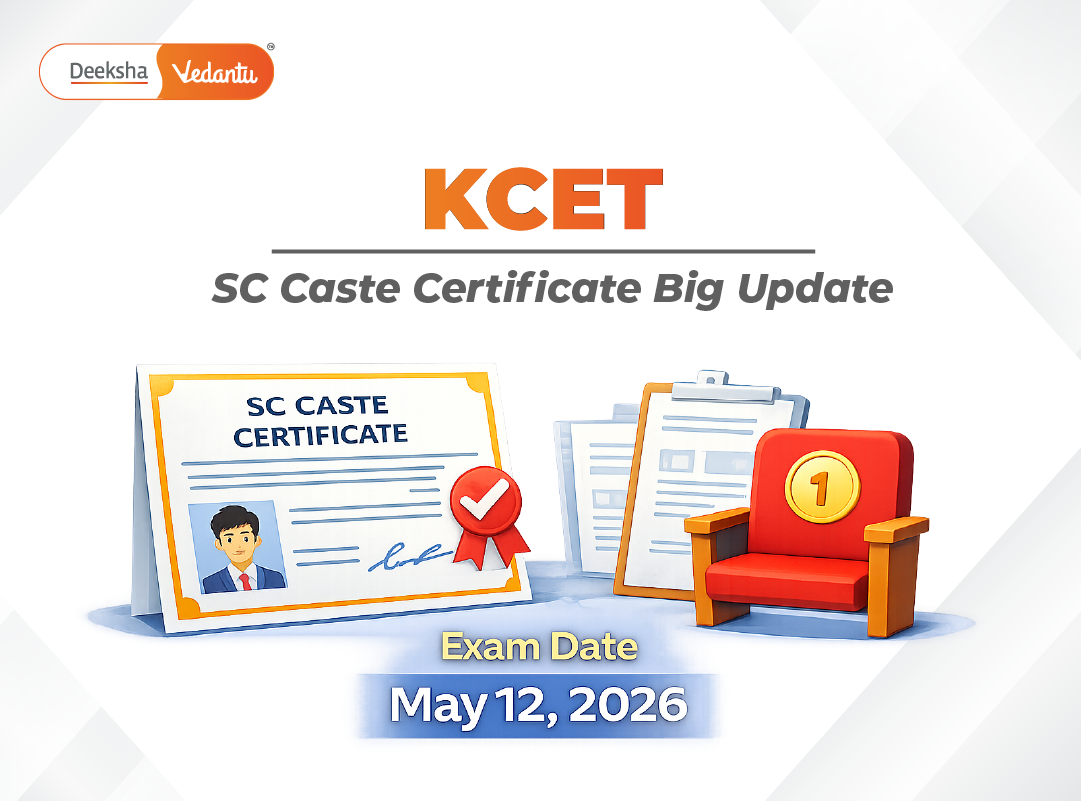Studying all night is a strategy many students resort to when faced with looming exams, pressing project deadlines, or crucial tasks. This intense study session often becomes necessary due to time constraints or a desire to maximize productivity during quiet hours. However, it’s crucial to approach all-night study sessions with careful planning and consideration to ensure effectiveness without compromising health and well-being. In this guide, we will explore strategies to study effectively throughout the night, balancing productivity with self-care for optimal results.
Benefits and Risks
Benefits:
- Uninterrupted Focus: Late-night hours often offer a quieter environment with fewer distractions, allowing for enhanced concentration on study materials.
- Time Management: Studying all night can be a strategic choice to utilize time effectively, especially when facing looming deadlines or extensive study material.
- Flexibility: For some students, nighttime may be their most productive period, making it beneficial to study during these hours.
Risks:
- Sleep Deprivation: Lack of sleep can lead to fatigue, decreased alertness, and difficulty retaining information.
- Reduced Cognitive Function: Prolonged study sessions without adequate rest can impair memory recall, problem-solving skills, and overall cognitive function.
- Health Concerns: Chronic sleep deprivation can contribute to various health issues such as weakened immune system, increased stress levels, and mood disturbances.
Balancing the benefits of nighttime study sessions with the risks of sleep deprivation and health concerns is crucial for maintaining academic performance and overall well-being.
Preparation for an All-Night Study Session
1. Organize Study Materials:
- Gather all necessary books, notes, and resources beforehand to minimize interruptions during the study session.
- Arrange materials in a systematic order to easily access information as needed.
2. Create a Study Plan:
- Outline the topics or tasks you plan to cover during the night.
- Allocate time slots for each subject or study session to maintain focus and track progress.
- Include short breaks in your study plan to rest and recharge periodically.
3. Set Realistic Goals:
- Break down large tasks into manageable chunks to avoid feeling overwhelmed.
- Set specific, achievable goals for the night based on your study plan and prioritize tasks accordingly.
4. Ensure Comfortable Study Environment:
- Choose a quiet and well-lit study area with minimal distractions.
- Use a comfortable chair and desk setup to maintain good posture and prevent discomfort during long study hours.
5. Gather Necessary Supplies:
- Keep essential supplies such as notebooks, pens, highlighters, water, and snacks nearby to stay focused and hydrated.
- Utilize technology effectively by charging electronic devices and ensuring access to online resources if needed.
6. Plan for Rest Breaks:
- Schedule short breaks (5-10 minutes) during study sessions to relax your mind adequately and prevent burnout.
- Use breaks to stretch, walk around, or do light exercises to improve blood circulation and mental alertness.
7. Manage Time Wisely:
- Use timers or study apps to track study and break intervals effectively.
- Prioritize challenging or high-priority tasks during periods of peak alertness, such as early in the evening or after short naps if necessary.
8. Stay Motivated:
- Keep your goals in mind and maintain a positive attitude throughout the study session.
- Reward yourself after achieving study milestones or completing challenging tasks to stay motivated and focused.
Remember: While studying all night can be necessary at times, prioritize regular sleep schedules whenever possible to maintain overall health and well-being. Use all-night study sessions sparingly and focus on creating a balanced study routine for long-term success.
Deeksha’s Role in Effective All-Night Study Sessions
Studying all night can be a demanding task, and students often seek support and guidance to navigate through these intense study sessions effectively. Deeksha plays a pivotal role in assisting students during all-night study sessions through various resources and strategies tailored to enhance learning outcomes while prioritizing well-being.
- Preparation and Organization: Deeksha provides structured study materials, practice resources, and expertly curated content that aligns with academic syllabi. Students benefit from organized study materials, aiding in efficient preparation for all-night study sessions.
- Effective Study Techniques: Deeksha emphasizes active learning techniques such as active recall, spaced repetition, and mnemonic devices, integrated into study materials and classroom sessions. These techniques enhance memory retention and understanding, crucial during extended study hours.
- Time Management and Goal Setting: Deeksha encourages students to set realistic goals, manage study schedules effectively, and prioritize tasks based on importance. Students learn valuable time management skills that are vital for successful all-night study sessions.
- Supportive Learning Environment: Deeksha provides a conducive learning environment through mentorship programs, peer support networks, and access to academic resources. Students can seek guidance, clarify doubts, and collaborate with peers, reducing stress and enhancing productivity during late-night study sessions.
- Health and Well-being Focus: Deeksha promotes holistic well-being by emphasizing the importance of balanced study routines, regular breaks, healthy snacking habits, and mindfulness practices. Students are encouraged to maintain physical health and mental well-being alongside academic pursuits.
- Incorporating Deeksha’s Support: Throughout the guide, specific sections are highlighted where Deeksha’s resources, guidance, and strategies seamlessly integrate into effective all-night study sessions. From structured study materials to promoting a balanced lifestyle, Deeksha’s approach aligns with students’ academic goals and well-being priorities during demanding study periods.
Effective Study Techniques for All-Night Sessions
1. Active Recall:
- Practice recalling information from memory rather than simply re-reading notes.
- Use flashcards, quizzes, or teaching concepts to others to reinforce learning through active engagement.
2. Spaced Repetition:
- Review material at spaced intervals to enhance long-term retention.
- Focus more on difficult topics during study sessions to optimize learning efficiency.
3. Mnemonic Devices:
- Create acronyms, rhymes, or visual associations to remember complex information easily.
- Use storytelling or analogies to relate new concepts to familiar ideas for better recall.
4. Focus and Motivation:
- Take short, frequent breaks (5-10 minutes) to rest your mind and prevent mental fatigue.
- Stay hydrated by drinking water regularly and avoid excessive caffeine intake that can disrupt sleep later.
- Consume healthy snacks like fruits, nuts, or whole grains to maintain energy levels without causing sugar crashes.
- Set small, achievable goals and reward yourself after completing each task to stay motivated and focused.
- Engage in active learning techniques such as summarizing concepts aloud or teaching them to someone else to reinforce understanding.
5. Prioritize Important Content:
- Identify key topics or areas that are likely to be tested or are crucial for understanding broader concepts.
- Allocate more study time to high-priority content while ensuring coverage of all essential subjects.
6. Utilize Technology Smartly:
- Use productivity apps or study tools that promote focus and time management, such as Pomodoro timers or task organizers.
- Minimize distractions by turning off notifications on electronic devices or using website blockers during study sessions.
7. Create a Comfortable Environment:
- Adjust lighting to a comfortable level that reduces eye strain and promotes alertness.
- Maintain good posture and take short stretching breaks to prevent physical discomfort during long study hours.
8. Review and Test Yourself:
- Regularly review previously learned material to reinforce memory retention and identify areas needing further clarification.
- Test yourself with practice questions or past exam papers to simulate exam conditions and assess your understanding.
9. Stay Positive and Manage Stress:
- Practice positive self-talk and avoid negative thoughts that may hinder motivation or confidence.
- Use relaxation techniques such as deep breathing or mindfulness exercises to manage stress and stay calm during intense study sessions.
Remember: Balancing intense study sessions with breaks, healthy habits, and effective study techniques is key to retaining information, staying focused, and maintaining motivation throughout all-night study sessions. Listen to your body’s signals and prioritize self-care to optimize learning outcomes and overall well-being.
Managing Sleep Deprivation During and After Study Sessions
1. Power Naps:
- Take short power naps (10-20 minutes) during study breaks to rejuvenate and boost alertness.
- Avoid long naps that can lead to grogginess or disrupt nighttime sleep patterns.
2. Caffeine Consumption:
- Consume caffeine strategically to stay awake, but avoid excessive intake that can cause jitteriness or affect sleep quality.
- Opt for coffee, tea, or energy drinks in moderate amounts, especially during the early hours of the night.
3. Scheduling Rest Periods:
- Plan brief rest periods (5-10 minutes) every hour to stretch, relax your mind, and prevent mental burnout.
- Use relaxation techniques such as deep breathing or light stretching during these breaks to refresh yourself.
4. Bright Light Exposure:
- Expose yourself to bright light, such as natural sunlight or bright indoor lighting, to promote alertness and regulate your circadian rhythm.
- Use desk lamps or light therapy devices during the night to mimic daylight and signal wakefulness.
5. Healthy Snacking:
- Consume light, healthy snacks like fruits, nuts, or yogurt to maintain energy levels without causing digestive discomfort or energy crashes.
- Avoid heavy meals or sugary snacks that can lead to lethargy or sleepiness.
6. Stay Hydrated:
- Drink plenty of water throughout the night to stay hydrated and maintain cognitive function.
- Limit caffeine and sugary beverage intake to prevent dehydration or disturbances in sleep patterns later on.
7. Post-All-Nighter Recovery:
- After completing the study session, prioritize sleep by allowing yourself uninterrupted rest for several hours.
- Create a calming bedtime routine to signal to your body that it’s time to sleep, such as dimming lights, avoiding screens, and practicing relaxation techniques.
- Aim for a consistent sleep schedule in the following days to regulate your body’s internal clock and improve overall sleep quality.
- Consider light physical activity or exposure to natural daylight during the day to help reset your circadian rhythm and promote daytime wakefulness.
8. Limit Stimulants Before Bed:
- Avoid stimulants such as caffeine, nicotine, or intense physical exercise close to bedtime to facilitate relaxation and falling asleep.
- Create a comfortable sleep environment with minimal distractions, comfortable bedding, and a cool room temperature conducive to sleep.
Remember: While managing sleep deprivation temporarily may be necessary for certain situations like exam preparation, prioritizing regular and sufficient sleep is crucial for long-term cognitive function, overall health, and academic success. Use these strategies mindfully and strive to establish healthy sleep habits beyond all-night study sessions.
Avoiding Burnout During Extended Study Sessions
1. Subject Rotation:
- Switch subjects or topics periodically to maintain mental freshness and prevent monotony.
- Allocate specific time blocks for each subject and take short breaks in between to recharge.
2. Physical Activity Breaks:
- Incorporate short bursts of physical activity during study breaks to boost blood circulation and energy levels.
- Try stretching exercises, brisk walks, or simple workouts to rejuvenate your mind and body.
3. Mindfulness and Relaxation:
- Practice mindfulness techniques such as deep breathing, meditation, or progressive muscle relaxation to reduce stress and anxiety.
- Use guided meditation apps or calming music playlists to create a soothing study environment.
4. Healthy Snacking:
- Consume brain-boosting snacks like nuts, seeds, fruits, and dark chocolate to maintain cognitive function and energy levels.
- Avoid excessive sugar or caffeine intake that can lead to energy crashes or restlessness.
5. Pomodoro Technique:
- Utilize the Pomodoro Technique or similar productivity methods by working in focused intervals (e.g., 25 minutes) followed by short breaks.
- Use timers or productivity apps to structure your study sessions and breaks effectively.
6. Social Interaction:
- Take short breaks to connect with friends or family members for casual conversations or recreational activities.
- Social interactions can provide mental refreshment and emotional support during intense study periods.
7. Adequate Rest:
- Ensure you incorporate sufficient rest periods between study sessions, especially during extended study marathons.
- Aim for quality sleep during non-study hours to allow your brain to consolidate learning and recharge for the next day’s tasks.
8. Time Management and Prioritization:
- Break down study tasks into manageable segments and prioritize based on urgency and importance.
- Use productivity tools or planners to organize study schedules, deadlines, and goals effectively.
9. Seek Support:
- Don’t hesitate to seek help or guidance from teachers, mentors, or peers when facing challenges or feeling overwhelmed.
- Join study groups or online forums for collaborative learning and mutual support.
10. Reflect and Adjust:
- Regularly reflect on your study methods, progress, and well-being to identify areas of improvement or signs of burnout.
- Adjust your study strategies, environment, or schedule as needed to maintain a balance between productivity and self-care.
By incorporating these strategies into your study routine, you can effectively manage stress, stay motivated, and avoid burnout during extended study sessions, ensuring sustained focus and productivity in your academic endeavors.
- Embrace Curiosity and Open-Mindedness: Deeksha’s diverse learning environment encourages students to explore varied subjects, engage in discussions with peers from different backgrounds, and seek answers through collaborative learning initiatives. Deeksha fosters a culture of curiosity and open-mindedness through interactive sessions, projects, and extracurricular activities.
- Set Clear Learning Goals: Deeksha’s structured curriculum and personalized guidance help students define clear learning objectives aligned with their career aspirations. Deeksha’s approach to breaking down complex subjects into manageable segments, setting SMART goals, and providing continuous feedback to monitor progress and ensure goal attainment for students.
- Understand Your Learning Style: Deeksha recognizes and caters to diverse learning styles such as visual, auditory, and kinesthetic through interactive teaching methodologies, multimedia resources, hands-on experiments, and engaging classroom discussions.
- Actively Engage in Learning: Deeksha promotes active learning through participatory classroom sessions, group activities, problem-solving exercises, and real-world applications of concepts. Deeksha’s emphasis on student-centered learning approaches, peer collaboration, and self-assessment practices encourages students to critical thinking, creativity, and knowledge application.
- Stay Balanced and Practice Self-Care: Deeksha’s holistic approach to education, promotes a balance between academic rigor and personal well-being. Initiatives have been taken by Deeksha to educate students about stress management, healthy lifestyle choices, time management skills, and the importance of leisure activities for overall growth and success.
Conclusion
Studying all night can be a necessary strategy for academic success, but it must be approached with caution and responsibility. Here are the key takeaways:
- Balance is Key: While all-nighters can offer uninterrupted study time, they come with risks such as sleep deprivation and reduced cognitive function. Prioritize a balanced study schedule with regular breaks and adequate rest.
- Effective Preparation: Organize study materials, create a realistic study plan, and use proven study techniques like active recall and spaced repetition for efficient learning.
- Manage Sleep Deprivation: Incorporate power naps, moderate caffeine intake, and schedule rest periods to manage sleep deprivation during and after study sessions. Establish a regular sleep schedule to recover fully.
- Avoid Burnout: Switch subjects periodically, engage in physical activity, practice mindfulness, and utilize technology wisely to prevent burnout and maintain focus.
- Seek Support: Collaborate with peers, seek guidance from teachers or mentors, join online communities, and use tutoring services for clarification and motivation.
- Prioritize Health: Remember that good health is crucial for academic success. Maintain a balanced diet, stay hydrated, exercise regularly, and practice relaxation techniques for overall well-being.
- Stay Motivated: Set clear academic goals, celebrate small victories, and stay positive. Balancing hard work with self-care leads to sustainable success and long-term well-being.
By following these strategies, you can study effectively, achieve academic goals, and maintain a healthy lifestyle throughout your educational journey. Remember, success is not just about working hard but also working smart and taking care of yourself along the way.














Get Social